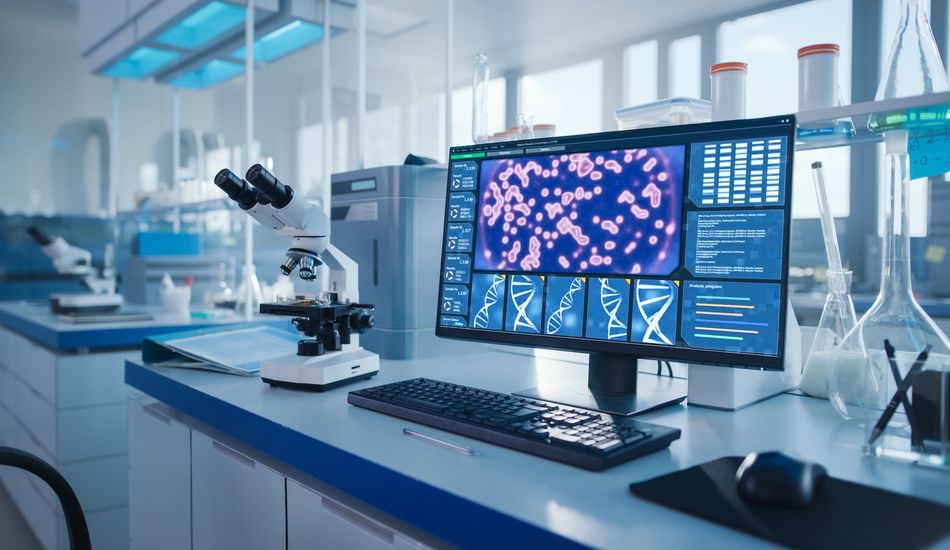
Fed's Take: AI Is a Marathon, Not a Sprint, for Productivity Gains
So, the Federal Reserve just dropped a paper, and guess what? They're pretty bullish on generative AI. Not just as a passing trend, but as a real game-changer for how productive we humans can be. It's not going to be an overnight success, though. The Fed anticipates a slow and steady climb, filled with potential pitfalls. Basically, don't expect AI to solve all our problems tomorrow.
Think of it like this: remember the light bulb? It was revolutionary, extending workdays and boosting output. However, once everyone had one, the added productivity boost leveled off. The Fed argues that AI is different. It's more like the electric dynamo or the microscope – technologies that keep on giving, sparking new innovations and pushing the boundaries of what's possible.
We're already seeing this with specialized AI like LegalGPT or Microsoft's Copilot. These tools are designed to make specific tasks easier and more efficient. According to the Fed, digital-native companies will keep coming up with innovative ideas! I mean, if you consider that AI is evolving to achieve general artificial intelligence, then we can expect more advancements, such as agentic AI and the R1 model from Deepseek.
And it’s not just about automating existing tasks. AI is also proving to be an incredible tool for research and development. From simulating the universe to discovering new drugs, AI is helping us push the boundaries of human knowledge. This is why there's been a surge in companies mentioning AI in their R&D discussions, signaling a growing integration of AI into corporate innovation.
Now, for the "but". While the Fed is confident in AI's potential, they also acknowledge that widespread adoption is the biggest hurdle. It's one thing to have the technology, it's another to get people and businesses to actually use it effectively. Outside of tech and finance, many companies are still figuring out how to integrate AI into their daily operations. Also, bigger companies seem to be adapting to AI faster. So, if you ask me, we're still in the early innings of the AI revolution.
Also, the Fed is saying that we need to be careful when building the infrastructure needed to meet the expected demand. It's tempting to go all-in, building massive data centers and ramping up electricity generation. However, if demand doesn't materialize as quickly as we think, we could end up with a lot of wasted resources, which could hurt the economy. I believe that we should take it easy and be cautious, and not invest too quickly.
Even with these challenges, the Fed believes that generative AI will have a transformative impact on productivity. However, the scale and speed of that impact will depend on how quickly and widely the technology is adopted. It's a long game, but one that I think will pay off in the end.
Source: Gizmodo